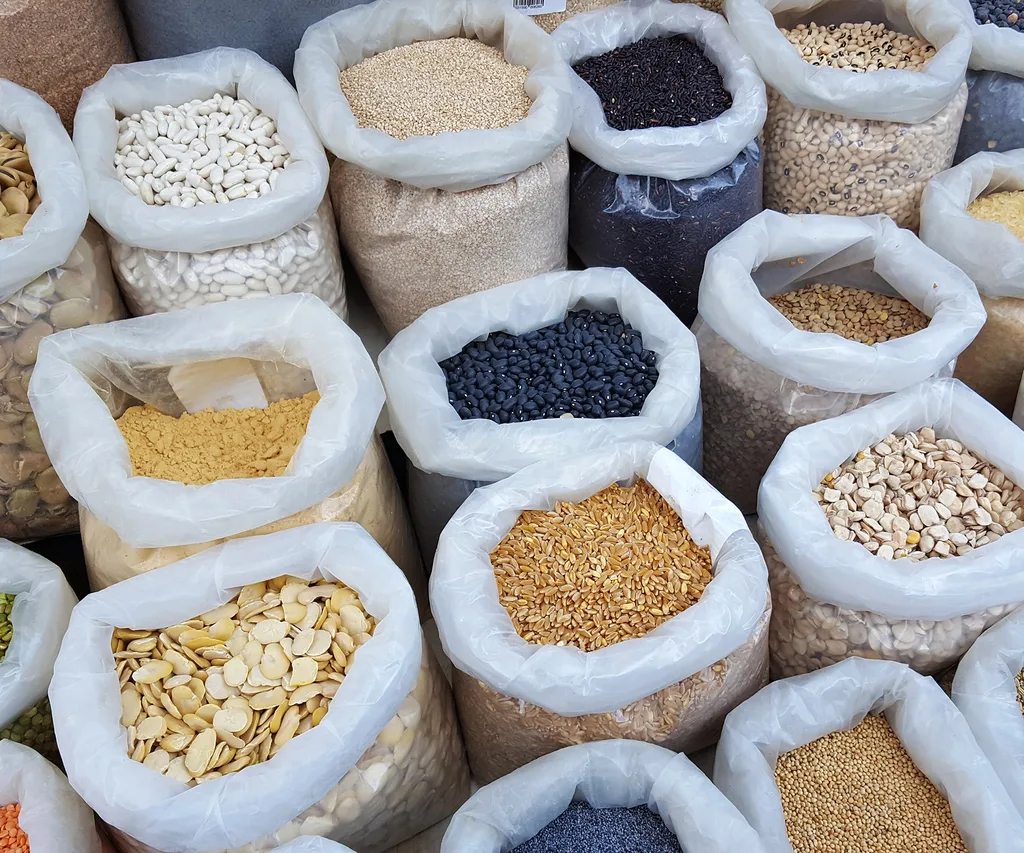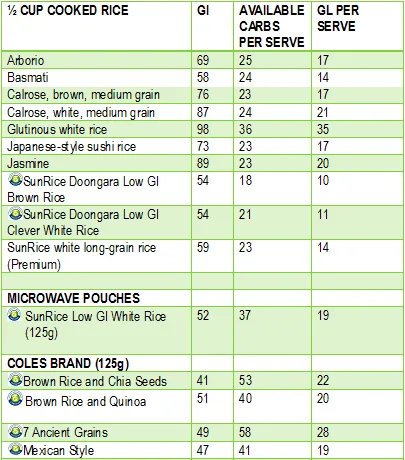Whether you’re looking to lift a lacklustre side dish or are on the hunt for a healthy grain to make up a main meal, both couscous and rice make for excellent (and delicious options).
While rice is often served with Asian dishes, couscous is a wheat product that is very popular in Middle Eastern cuisine.
Technically, it’s actually a pasta as it’s made with semolina flour from durum wheat, mixed with water. There are three different types of couscous: Moroccan, the smallest size, Israeli/pearl couscous which is about the size of peppercorns and Lebanese, the largest size shaped like peas.
Couscous can be used as a fluffy grain alternative to rice and while both rice and couscous share many similarities in the way they’re prepared and used in cooking, they have different nutritional values.

Which is better for you: couscous or rice?
*(Image: Getty Images)*There are also a whole lot of different kinds of rice, from long grain, to jasmine and arborio, and each type is slightly different.
The grain is low in fat (less than 3g of fat per 100g uncooked rice) and is gluten-free, making it suitable for people with coeliac disease and brown rice is especially nutritious because it’s a good source of fibre.
But is it really better than couscous? We’ve investigated the ins and outs of these popular grains below.
Does couscous have a low GI?
Couscous has a GI rating of 65 per 150g while white rice has a GI rating of 72 per 150, according to Harvard Health Publications.
Low-GI foods are those 55 and under so neither rice nor couscous is considered low GI. However, different types of rice vary in their GI levels as shown in the table below.
For example, brown rice has a GI index of 50 per 150g, so is good option if you’re wanting to control your blood sugar levels.
READ MORE: Trying a low GI diet? Give these 5 food swaps a go.

Table via Glycemic Index Foundation.
How healthy is rice compared to couscous?
Rice is low in fat (less than 3g of fat per 100g uncooked rice) and like wheat and other grains, is a good source of carbohydrate, which supplies the body with energy.
Unlike couscous it is also gluten free, making it suitable for people with coeliac disease or gluten sensitivity. There are many different types, but brown rice is especially nutritious because it’s a good source of fibre.
If you are managing high blood sugar levels and/or diabetes, then select a rice from the table above that’s low GI and avoid couscous in favour of lower-GI barley, buckwheat, bulgar and quinoa.
WATCH: How to make rice pilaf. Post continues.
The Glycemic Index (GI) is a ranking of how quickly foods with carbohydrates are absorbed by the body and how they affect your blood sugar levels.
“Eating high GI foods (think lollies, soft drink, white pasta) can cause a spike in you blood sugar after you eat. Big spikes in your blood sugar levels tend to give you only short-lived energy leaving you feeling lethargic and possibly hungry soon after eating.
“Foods with a lower GI (wholegrains, fruit, dairy foods) can provide a more steady release of energy helping you feel your best,” says dietitian Lyndi Cohen.
READ MORE: Five reasons why eating low-GI foods can help you lose 60 per cent more weight.
Couscous is lower in fat (around 2g per 100g) and contains some protein and fibre though is mainly processed carbohydrate.
If you’re looking to change your diet in any way, be sure to speak to a dietitian, nutritionist or your trusted GP first.
Frequently Asked Questions
Is couscous better than rice for weight loss?
While couscous and white rice have almost the same amount of calories per 100 grams, couscous contains more protein and higher amounts of vitamins and minerals so can be considered a healthier option in those departments. Both grains can support weight loss when incoporated into a balanced, healthy diet.
Which has more carbs, rice or couscous?
White and brown rice have 45 grams of carbs per cup, while a cup of regular couscous has 37 grams of grams. However, whole-grain couscous has 49 grams of carbs per cup, so the numbers vary.
Is couscous better than rice for diabetics?
Low-GI rice is generally considered the better option for diabetics, as couscous can be quite high in GI.

